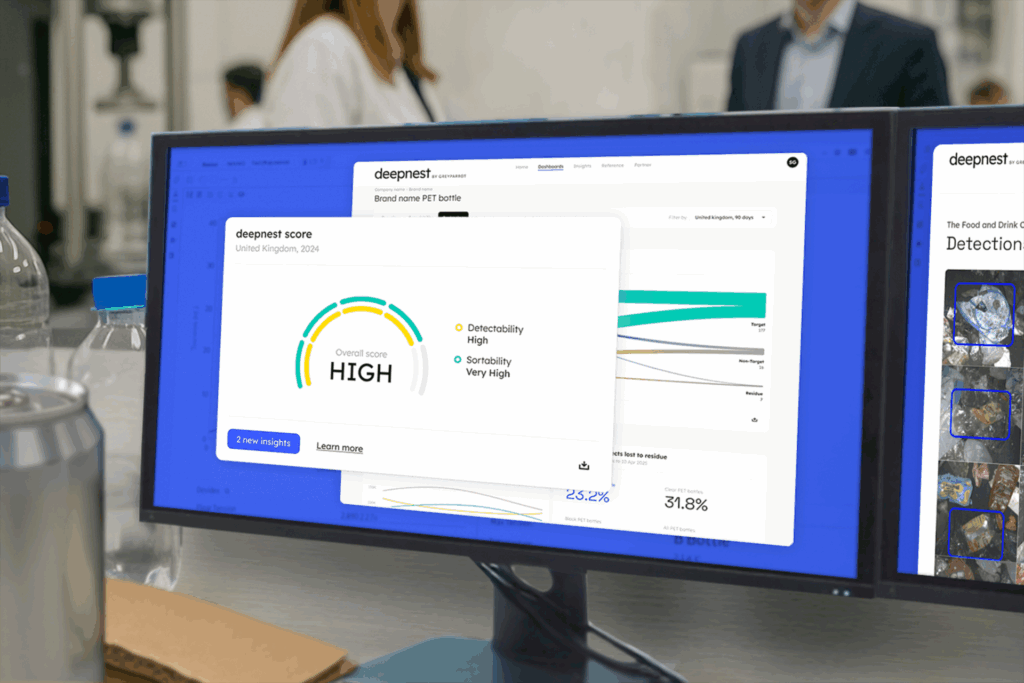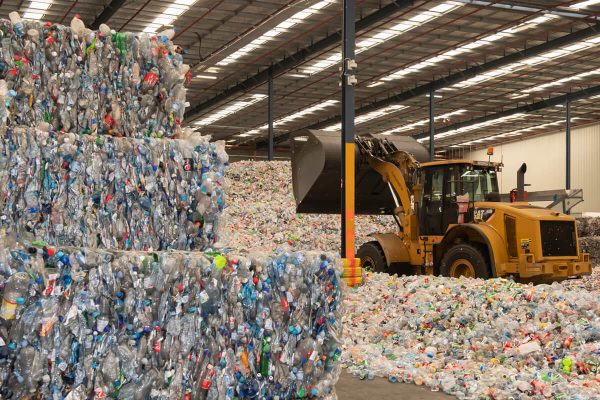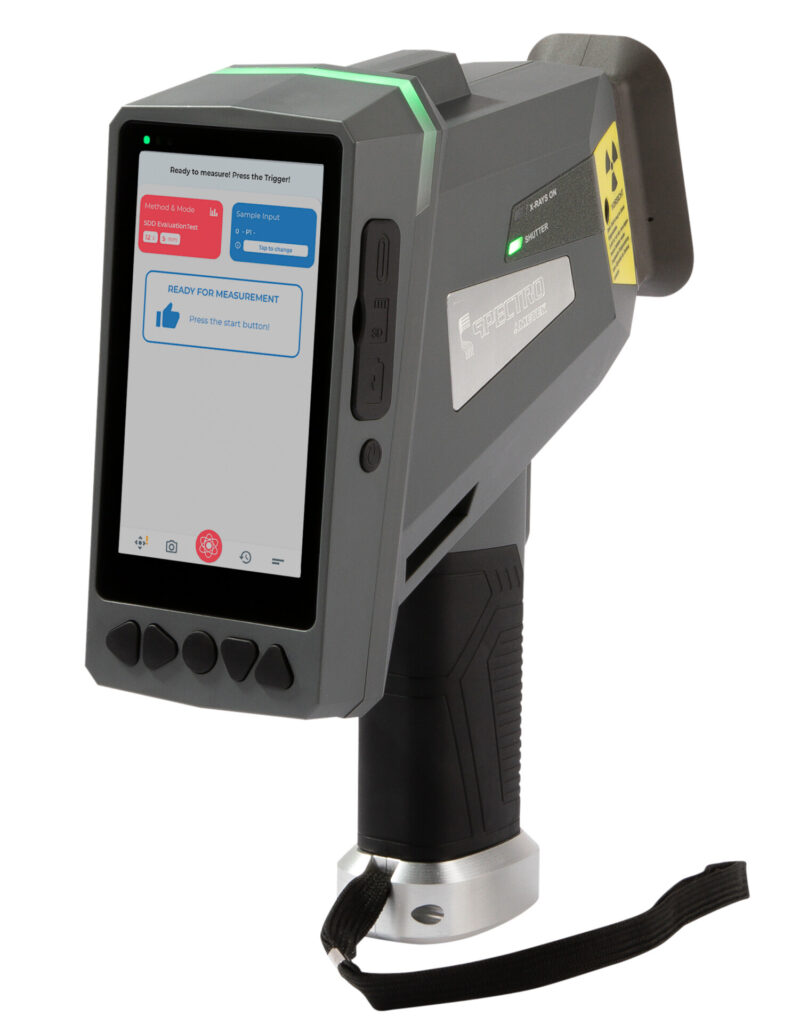Instrumentation in the recycling industry refers to the use of various instruments and equipment to monitor and control the recycling processes. The recycling industry involves the processing of waste materials to recover useful materials, reduce waste, and protect the environment.
Instrumentation in the recycling industry can include a wide range of devices, such as sensors, analyzers, controllers, and monitoring systems. These instruments can be used to measure various parameters such as temperature, pressure, flow rate, pH, conductivity, and other properties of the materials being processed.



























